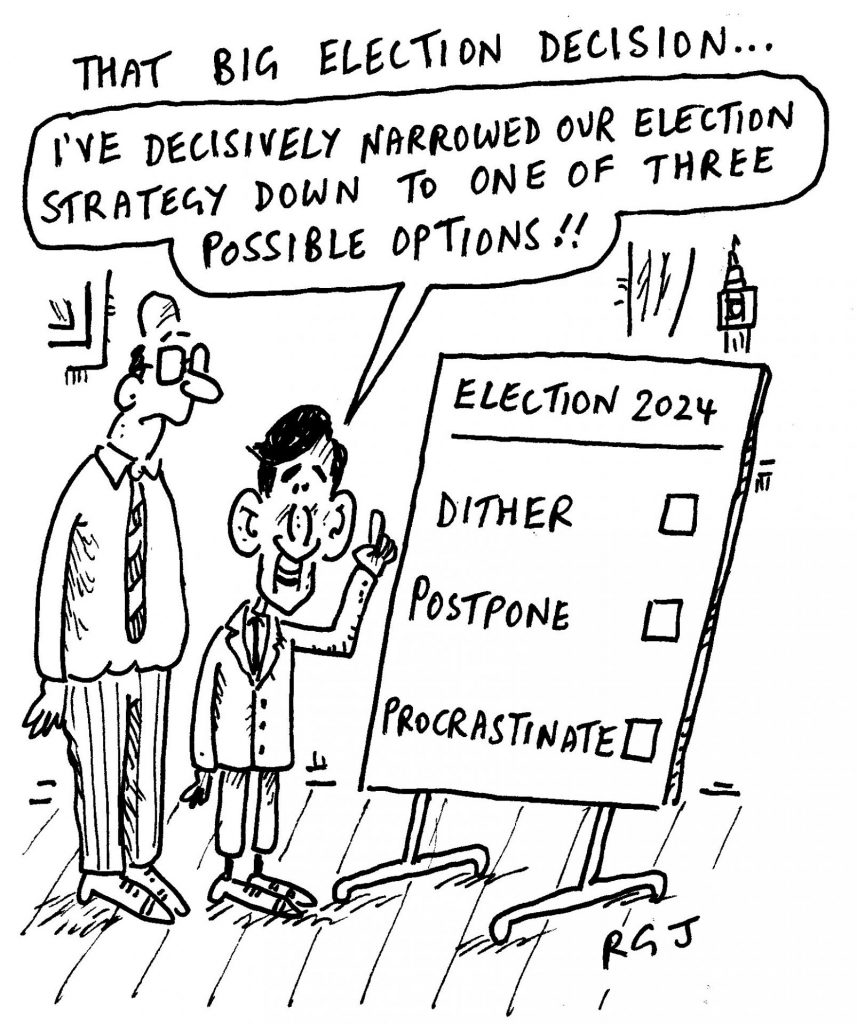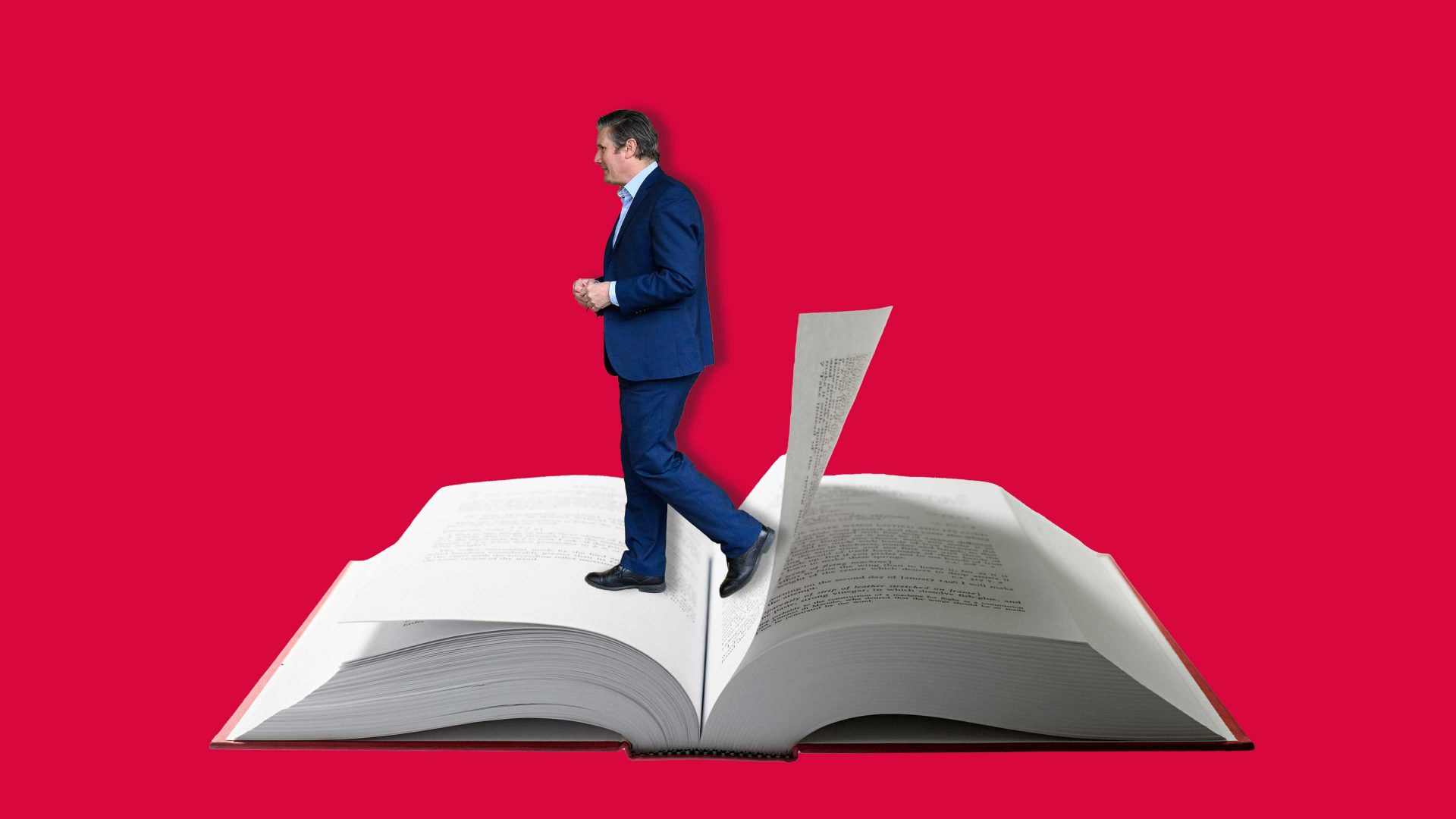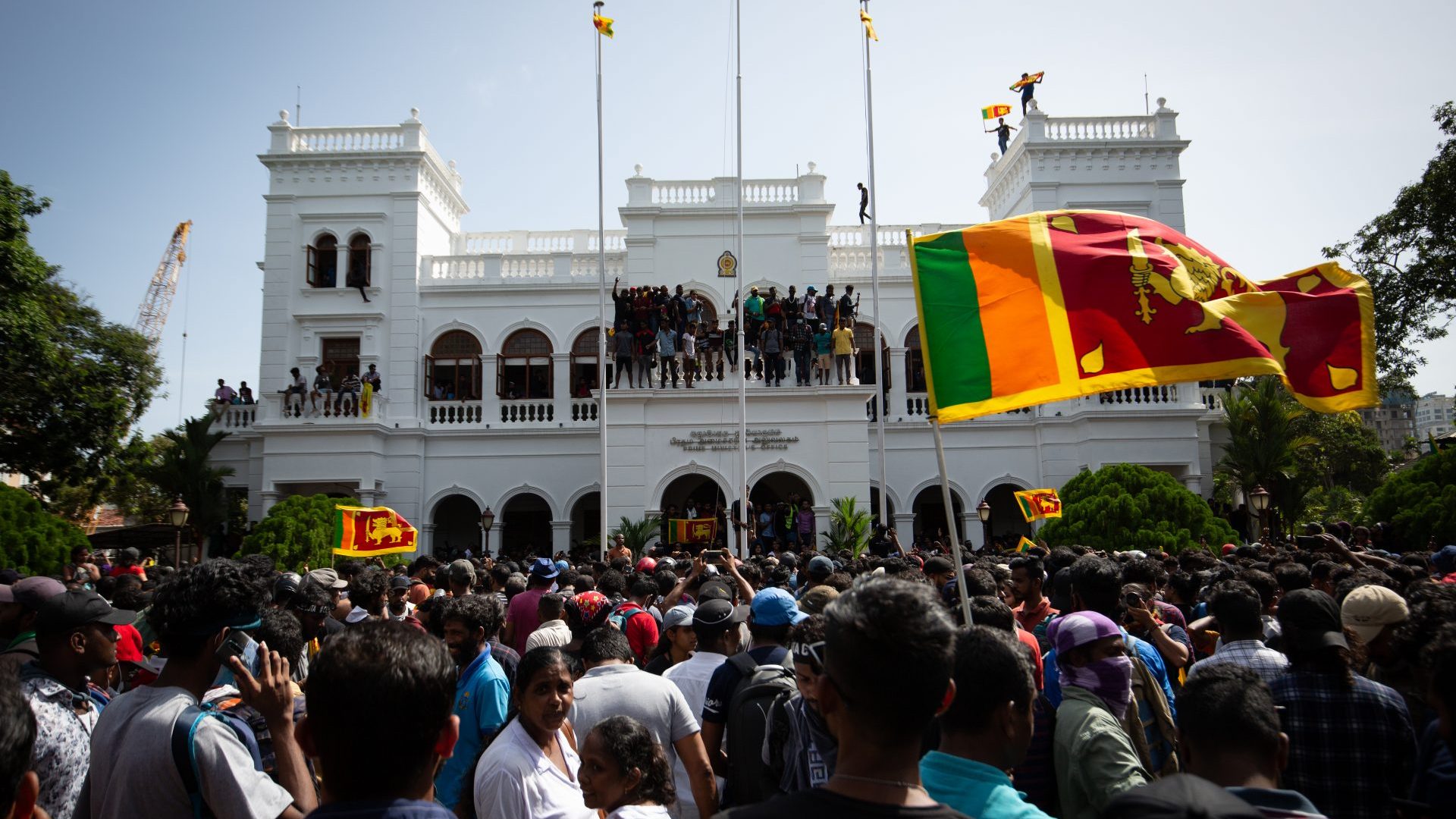“Read books not newspapers”… one of the suggestions I made to a Bulgarian-born woman, who was asking what she could do to become a better – and better informed – citizen ahead of her first election as a naturalised Brit.
This newspaper is of course excepted, because it adds so much to the totality of political knowledge and debate. But let’s be honest, most of the newspapers do the opposite, with their trivialising, polarising, propagandising approach, as editors and journalists follow lines laid down by tax-avoiding, overseas-based, dictatorial, power-without-responsibility media oligarchs.
The event was a Tortoise Media panel I was sharing with Tom Baldwin, author of a new biography of Keir Starmer, where we were seeking to answer the question: “Does Starmer have what it takes to be prime minister?”
Once I had raised a laugh by asking the Bulgarian lady if we could swap passports, and she had replied that she never thought she would see the day when a Bulgarian passport might be considered more valuable than a British one, I made a serious point:
That millions of words have been written and broadcast about Keir Starmer, and yet the level of understanding of who he is and what shapes him as a politician is remarkably low, and it has taken a book, properly researched and well written, to give us that deeper sense of the character, the strengths and weaknesses, of the man most expect to be prime minister.
Some will argue that it is Starmer’s fault if the public still struggle to have a sense of who he is; that he doesn’t communicate in a way that allows that understanding to be formed; that in the media age it is down to the politician to sense what the public want and need to know, and make sure they get it.
But one of Tom Baldwin’s main points is that Starmer is not a conventional politician, that he has contempt for Westminster game-playing, that he takes politics far more seriously than those who cover it and many of those who practise it. If Starmer makes it to Downing Street, Baldwin suggests, we will get a return to serious politics and serious government.
Though the book will do well, most voters won’t read it. Yet that it is already having an impact was clear in an interview Starmer did with Sky News presenter Sophy Ridge. She said the book had made her look at the Labour leader in a new light, and that came through in her questioning, and indeed in his answers. Similarly, a BBC journalist said after reading the book: “I don’t think we can say Starmer is boring any more.”
As to what I found most interesting, it is that for every stage of Starmer’s life, Baldwin describes someone facing different forms of difficulty, and sensing that he is variously not respected, appreciated, valued or fully understood. It means, if I may quote George W Bush’s language-mangling self-assessment, that he has risen faster and further than many expected, by being “mis-underestimated.”
Think about it – when Baldwin started writing the book, the conventional wisdom around Starmer was that “this guy can’t win.” In half a parliament, that has dramatically shifted to “this guy can’t lose.”
Undoubtedly, a succession of hopeless Tory leaders has helped. But Starmer’s own role should not be mis-underestimated either. The book helps you to appreciate why, and how, he has done it, and also offers hope that Starmer is much better suited to government than opposition.

Sticking with books… I was asked by Bloomsbury to record a conversation with Will Hutton, which will run at the top of the audio version of This Time No Mistakes. Hutton’s latest tome is not out for a few weeks, so no spoilers, but it is essentially an often devastating critique of political and economic decision-making over recent decades, with some ideas about how it might be put right, before it is too late.
Most devastating is his analysis of the legacy of Margaret Thatcher, someone he blames more than any other for The State We’re In, to recall the title of his best-known book from the mid-’90s.
The Thatcher critique alone is likely to have the right wing rags fulminating. And if that doesn’t, his assessment of the role of the media as both symptom and cause of our political malaise surely will. This book will get up a lot of the right noses.
More importantly, hopefully it will also inspire people on the progressive side of politics to understand we need to do a better job of tackling the dominance of the right wing ecosystem in the framing of our politics and economics. The battle of ideas matters more than ever, and we need to engage in it better.
Sticking with books, and how they can inspire people to make change (are you spotting a theme here?) I was thrilled to receive an email from a woman called Janet Persey, who told me that on the back of reading my last book, But What Can I Do?, her husband, Bob Butcher, had decided to get involved in politics.
“I had bought your book for his birthday last May, then borrowed and read it before it reached the top of his ‘to read’ pile,” she wrote. “I found it riveting and recommended it not just to him but also to our daughters and everyone else I know. He finally got round to reading it and was similarly impressed, such that when our local Labour Party was looking for a candidate to stand in a council by-election, he asked me whether he should volunteer. While not myself a member of the Labour Party, I said yes.”
The result, she told me, was history in the making, as Bob became the first ever Labour councillor to represent the historic market town of Bakewell on the Derbyshire Dales district council.
“The by-election was caused by the resignation of a popular Tory councillor who had become disenchanted with his party,” said Janet. “Bob won by 15 votes, a real case of every vote counting.”
Her email alone makes all the effort of writing a book worthwhile.
I did fundraisers last week for three candidates fighting Yorkshire seats for Labour, all women, all very impressive, and all hopefully on their way to Parliament soon – Jade Botterill in the new seat of Ossett and Denby Dale; Katie White in Leeds North West; and Marie Tidball in Penistone and Stocksbridge (hopefully bye-bye Miriam Cates).
As with school visits, so with Labour fundraisers, for every one I do, I get several more requests once it is posted on social media. So for the next few weeks, I am going to listen to my partner Fiona who is constantly telling me I do too much, and doesn’t really see the merit of setting the record for the number of Labour dinners done by an expelled former member! That being said, when you see the quality of Tory MPs constantly clogging up the airwaves, it is hard not to want to help people like Jade, Katie and Marie, who are so, so much better.
Finally, a public service announcement. I was in Joe and the Juice on Great Portland Street with my friend Slaven from Croatia. A woman came in, begging. She had a piece of paper, which she laid on the table, explaining her life story and that she was cold, hungry, looking for shelter, usual stuff.
We gave her a bottle of water and some loose change. She left. Then Slaven realised his phone, which she had covered with the paper, was gone. He ran out to see her diving into a car, which sped off.
Be warned. Don’t leave your gadgets lying around, especially in cafes where the tables can be seen from the street.




